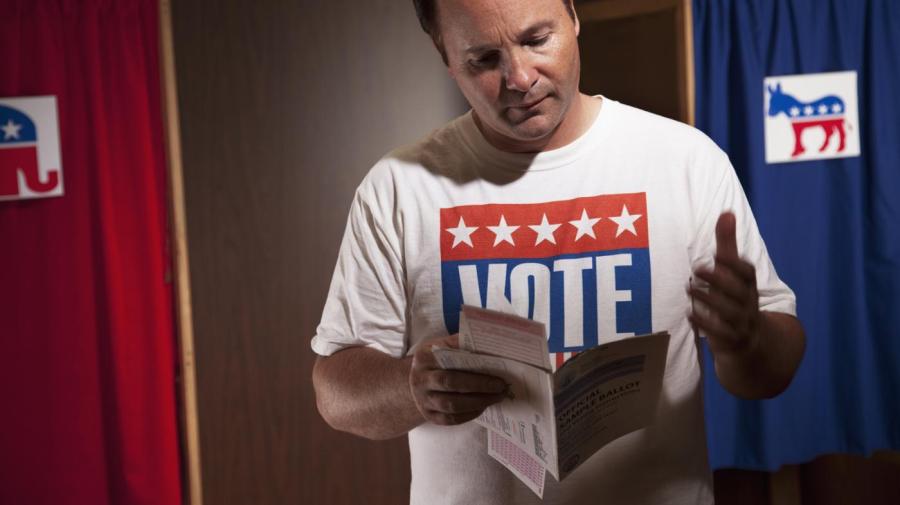What Is the Purpose of Political Parties?

Political parties serve several key purposes, including selecting and running candidates for political office, controlling power gained by other parties and informing citizens on key issues. In the United States, there are two primary political parties: Republican and Democrat. Both parties operate at the local, state and national level, and candidates are elected to hold positions on a regular basis.
For upcoming elections at all levels of government, Democratic and Republican parties typically nominate candidates for office. Candidates may also be nominated from other parties, such as the Libertarian Party and the Green Party. Nominees from these political parties are selected by fellow party members and the general public. Most party candidates appeal to certain segments of the population by taking stances on key issues, such as healthcare, religion and the right to life. In addition to running candidates for office, a multiparty political system maintains a balance of political parties by creating a means for parties to check each other. Parties that do not hold majority in Congress typically keep the other competing parties from dominating the political scene by preventing them from taking complete control of government offices. In addition to maintaining a political balance, parties often have clear stances on issues that affect the public, and serve to educate and inform citizens on those matters.





